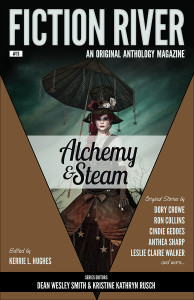It doesn’t matter if you’re an outliner or a seat-of-the-pants writer. We’ve all done it. We’ve had an awesome idea that will make the story so amazing! But when we follow that awesome idea to its end we realize that it changes everything. All the neat plot twists you originally planned to write won’t work anymore and you have no idea how to get your characters out of their new predicament. You’ve backed yourself into a corner and there’s no sign of salvation.
Well, not quite.
The way I see it there’s two ways to get out of this mess. The first is to become a rabid badger. I know. It’s not very attractive and there’s that whole rabies thing but it does have a tendency to scare away the plot bunnies. It doesn’t make it any easier to solve the plot problems you still have but it sure is entertaining to watch. The other option is to light the bat-signal and ask your non-rabid badgers-in-arms for help.
Remember when I said “we’ve all done it”? Few people understand this kind of hopelessness and desperation better than fellow writers and few can help you get out of it better than fellow writers. Ask a non writer for help and they’ll say “you’re not trying hard enough” or worse. Only writers will give you a sympathetic nod before dispensing with advice. Better yet, ask writer friend that knows you and your process. Their advice is more likely to be exactly what you need. If you’re not close enough to any local writers or aren’t part of a writing community (local or online) you can still avoid the rabid transformation. There’s sites like this one, online writing communities that are always looking for new members, and wonderful podcasts like Writing Excuses that you can turn to for advice. If a favorite author is coming through your neck of the woods on tour you can ask them for help too. All the pros I know are more than happy to answer writing questions.
When these things happen it can be hard to hard to reach out for help but don’t let that stop you from doing it. The only shame in being stuck is if you allow yourself to remain stuck. No writer is going to think you’re an amateur or stupid for asking. Actually the opposite. This is how we learn, this is how cool stories are finished, and this is how we grow closer as a community.


